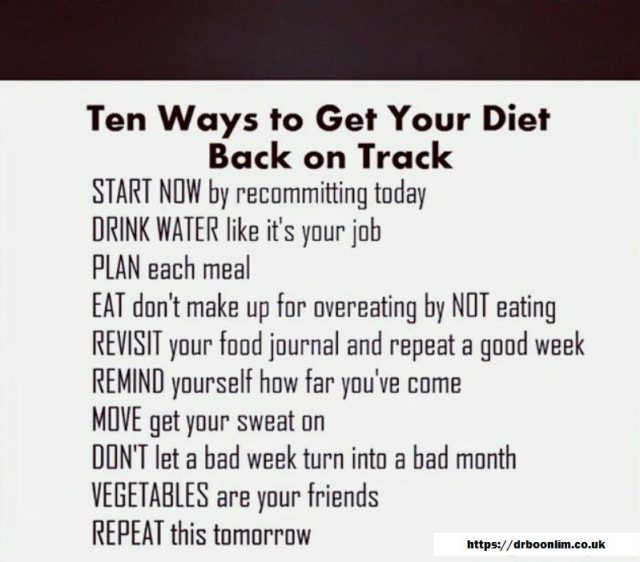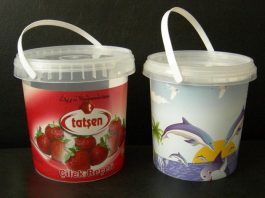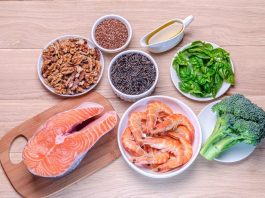In today’s fast-paced world, where demands on our time and energy seem never-ending, maintaining high energy levels is essential for thriving in both our personal and professional lives. Yet, many of us find ourselves reaching for that extra cup of coffee or sugary snack just to get through the day. If you’re feeling drained and in need of a natural energy boost, you’re not alone—and the solution might be simpler than you think. By choosing the right diet plan, you can fuel your body with the nutrients it needs to sustain energy and vitality. In this article, we’ll explore the best diet plans designed to boost energy levels, helping you to feel more vibrant and energized throughout the day. Whether you’re a busy professional, a parent juggling multiple responsibilities, or simply someone looking to enhance your well-being, these dietary approaches offer practical and effective strategies to revitalize your energy from the inside out.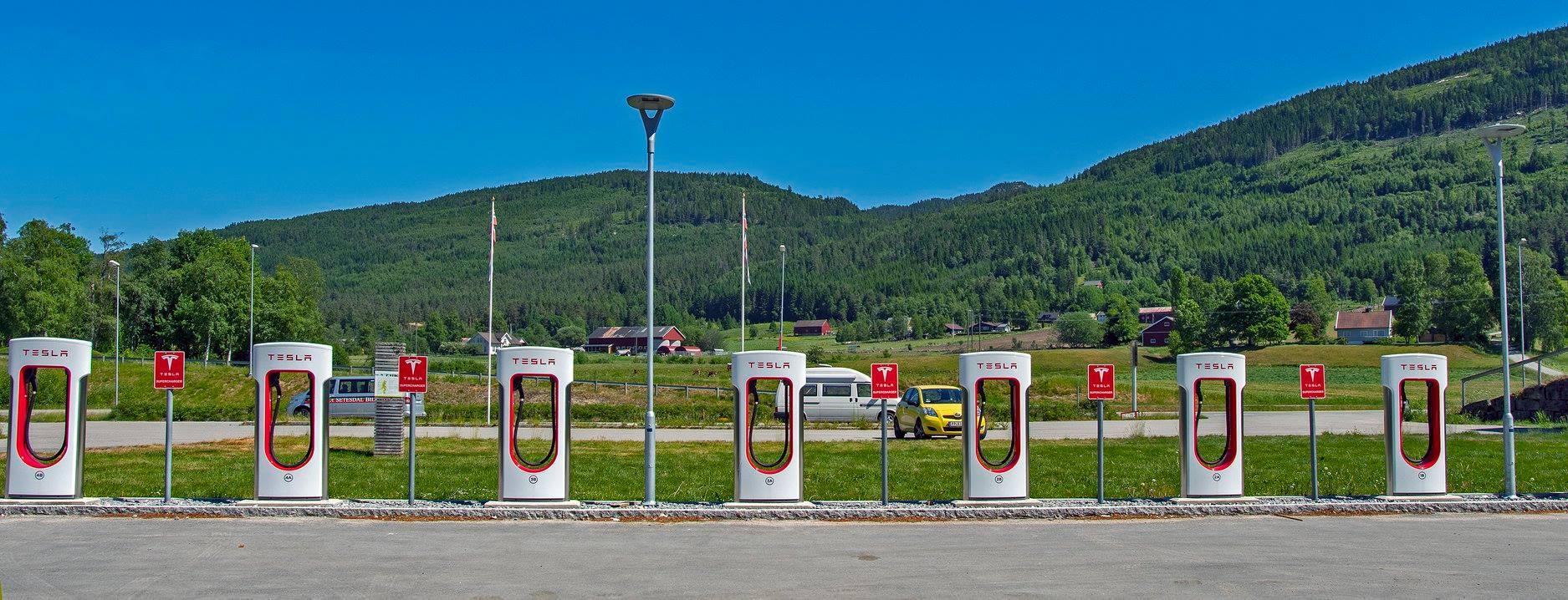
Understanding Your Energy Needs
To effectively boost your energy levels, it’s crucial to understand your unique energy requirements. Each individual’s energy needs can vary based on factors such as age, gender, activity level, and overall health. Recognizing these needs will help you tailor your diet plan to provide sustained energy throughout the day. Here are some key considerations:
- Activity Level: Your daily activities significantly impact your energy needs. A sedentary lifestyle requires fewer calories compared to an active one. Athletes or individuals with physically demanding jobs may need more energy-dense foods.
- Metabolic Rate: Everyone’s metabolism operates at a different pace. Understanding whether you have a fast or slow metabolism can help in selecting foods that support your energy levels without causing spikes or crashes.
- Health Conditions: Certain health conditions, like diabetes or thyroid disorders, can affect how your body processes energy. It’s important to consider these when choosing the right diet plan.
| Energy Factor | Considerations |
|---|---|
| Age | Older adults may need fewer calories but more nutrient-dense foods. |
| Gender | Men typically require more calories than women, though this can vary based on body composition and activity level. |
| Body Composition | Muscle mass burns more calories at rest, so individuals with higher muscle mass may need more energy. |
By identifying these factors, you can better understand your personal energy needs and choose a diet plan that not only supports your lifestyle but also enhances your vitality and overall well-being.
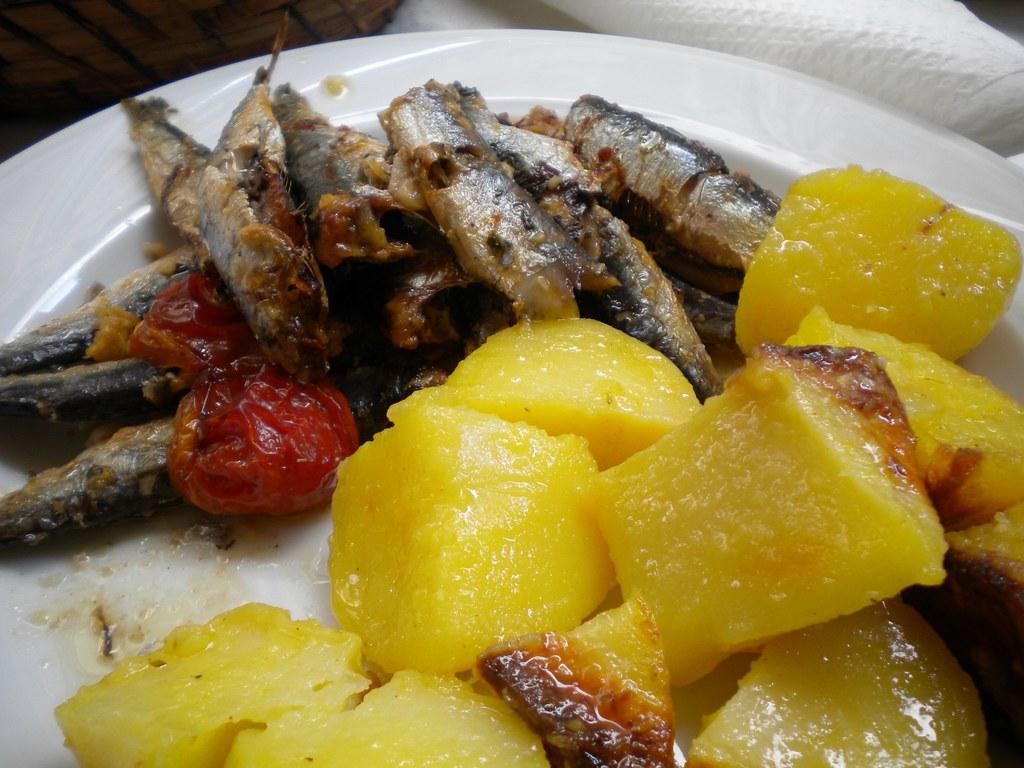
Incorporating Nutrient-Rich Foods for Sustained Energy
To maintain high energy levels throughout the day, integrating nutrient-rich foods into your diet is essential. These foods not only provide the necessary fuel for your body but also support overall health. Here are some key food groups and items to consider including in your meals:
- Whole Grains: Opt for whole grains like quinoa, brown rice, and oats. These complex carbohydrates release energy slowly, keeping you energized longer.
- Lean Proteins: Include sources like chicken, turkey, and legumes. They help in muscle repair and growth, which is crucial for sustained energy.
- Healthy Fats: Avocados, nuts, and olive oil are excellent sources of healthy fats that provide long-lasting energy and support brain function.
- Fruits and Vegetables: Packed with vitamins and minerals, they help boost energy and improve immune function. Berries, spinach, and sweet potatoes are particularly beneficial.
For a quick reference, here’s a simple table summarizing some energy-boosting foods and their benefits:
| Food | Benefit |
|---|---|
| Quinoa | High in protein and fiber, keeps you full longer |
| Salmon | Rich in omega-3 fatty acids, supports brain health |
| Bananas | Great source of potassium, helps with muscle function |
| Almonds | Provides healthy fats and protein, boosts energy |

Crafting a Balanced Meal Plan for Optimal Vitality
Finding the perfect equilibrium in your daily nutrition can significantly enhance your energy levels. A balanced meal plan doesn’t just mean counting calories; it’s about ensuring you consume the right mix of macronutrients and micronutrients. Incorporating a variety of food groups can make all the difference. Here are some key components to consider:
- Complex Carbohydrates: Opt for whole grains like quinoa, brown rice, and oats. These slow-releasing carbs provide a steady source of energy throughout the day.
- Lean Proteins: Integrate sources such as chicken, tofu, or lentils. Protein helps in repairing tissues and maintaining muscle mass, which is crucial for sustained energy.
- Healthy Fats: Include avocados, nuts, and olive oil in your diet. These fats support brain health and can keep you feeling satiated longer.
- Vitamins and Minerals: Fresh fruits and vegetables are rich in essential nutrients that support overall vitality. Think of adding a rainbow of colors to your plate for maximum benefit.
To make it easier to visualize, here’s a simple table outlining a sample balanced meal plan:
| Meal | Options |
|---|---|
| Breakfast | Oatmeal with berries and almonds |
| Lunch | Grilled chicken salad with mixed greens and avocado |
| Dinner | Baked salmon with quinoa and steamed broccoli |
| Snacks | Hummus with carrot sticks, or a handful of mixed nuts |
By thoughtfully crafting your meals with these components, you can ensure that your diet supports your energy needs effectively, paving the way for optimal vitality in your daily life.

Practical Tips for Staying Energized Throughout the Day
Feeling sluggish by mid-afternoon? You’re not alone. Maintaining energy throughout the day can be challenging, but with the right diet, it’s entirely possible. Here are some practical tips to help you stay energized:
- Eat Balanced Meals: Ensure your meals contain a mix of carbohydrates, proteins, and fats. This balance helps stabilize blood sugar levels and provides a sustained release of energy.
- Stay Hydrated: Dehydration can lead to fatigue. Aim to drink at least 8 glasses of water a day. Infuse your water with lemon or cucumber for an extra refreshing twist.
- Snack Smart: Opt for energy-boosting snacks like nuts, fruits, or yogurt. Avoid sugary snacks that can lead to energy crashes.
To make it easier to choose energy-boosting foods, here’s a quick reference table:
| Meal | Energy-Boosting Options |
|---|---|
| Breakfast | Oatmeal with berries and almonds |
| Lunch | Quinoa salad with grilled chicken and mixed greens |
| Dinner | Grilled salmon with sweet potatoes and broccoli |
| Snack | Greek yogurt with honey and walnuts |
Remember, consistency is key. Incorporating these dietary tips into your daily routine can help keep your energy levels steady and your mind sharp.

